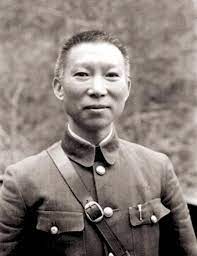Chang Chia-ao (1888-), banker, economist, and government official, was known as Chang Kia-ngau. In his long association with the Bank of China he contributed greatly to the development of modern practices in private banking. After 1935 he served the National Government in such capacities as minister of railways and minister of communications. A native of […]




